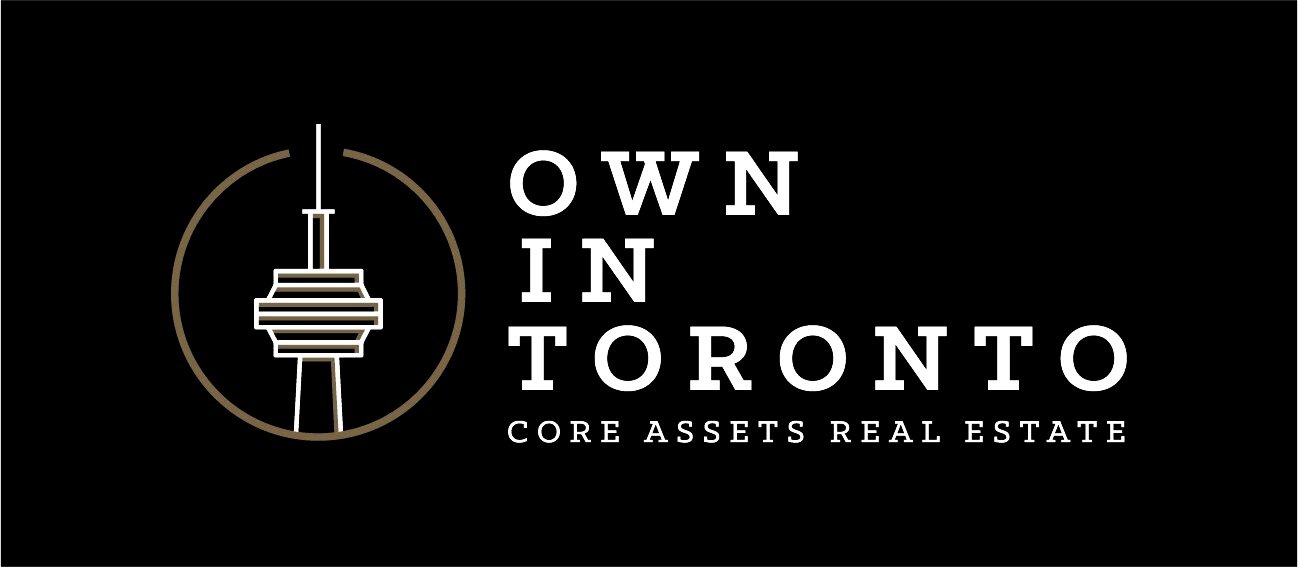Should You Buy or Sell First? A Guide for Homeowners
Are you planning a move and wondering whether to buy your next home first or sell your current home first? This is one of the biggest decisions homeowners face when entering the real estate market, and the right choice depends on market conditions, financial flexibility, and personal circumstances.
Buying First vs. Selling First:
What’s the Best Strategy?
The key to reducing stress is understanding the pros and cons of both approaches. Let’s break it down.
Buying First, Then Selling: Best for a Competitive Market
This strategy works best when the real estate market is highly competitive, with low inventory and high demand. Finding the right home in a seller’s market can take time, but selling your current home is often quick and predictable.
✅ Pros of Buying First:
✔ More time to find the perfect home – No pressure to rush into a decision.
✔ Better negotiation power – Avoid making impulsive offers due to time constraints.
✔ Easier transition – Move directly into your new home without temporary housing.
❌ Cons of Buying First:
✘ Uncertainty in home sale price – You won’t know exactly how much your current home will sell for.
✘ Risk of carrying two mortgages – If your home doesn’t sell quickly, you may need bridge financing.
✘ Less flexibility on closing dates – You’ll need to align your home sale with your purchase.
Selling First, Then Buying: Best for a Buyer’s Market
This strategy is ideal in a balanced or buyer’s market, where homes take longer to sell and buyers have more negotiating power. Knowing how much you’ll make from your sale allows for better financial planning before purchasing your next home.
✅ Pros of Selling First:
✔ Financial certainty – Know exactly how much money you have for your next home.
✔ Stronger negotiating position – You won’t feel pressured to accept a low offer on your current home.
✔ More flexibility in market timing – If the right home isn’t available yet, you can wait.
❌ Cons of Selling First:
✘ Pressure to find a home quickly – You may need temporary housing if you don’t secure a new home in time.
✘ Risk of rising home prices – If prices increase after you sell, your next home purchase could be more expensive.
✘ Coordinating move-in dates – Ideally, both transactions happen within a close timeline to avoid added costs.
How Market Conditions Affect Your Decision
The best strategy depends on current real estate market trends in your area:
✔ Seller’s Market (Low inventory, high demand) → Buy First
✔ Buyer’s Market (High inventory, low demand) → Sell First
✔ Balanced Market → Flexible Strategy
Understanding macro and micro market conditions is essential. Your real estate agent can provide expert insights to help you make the best decision based on current trends.
What Did Your Neighbors Do?
🔹 How are other homeowners in your area navigating the market?
🔹 What strategy have your friends and family used?
🔹 What approach does your real estate agent recommend?
Every move is unique. The right choice depends on your situation, finances, and market trends.
Final Thoughts: Should You Buy or Sell First?
There’s no one-size-fits-all answer. The key is to stay informed, flexible, and open-minded when deciding the best strategy for your move.
Ready to buy or sell? 📞 Contact us today for a personalized strategy based on your local market conditions!

